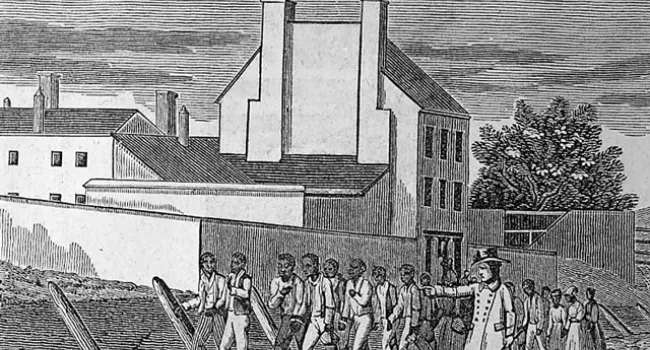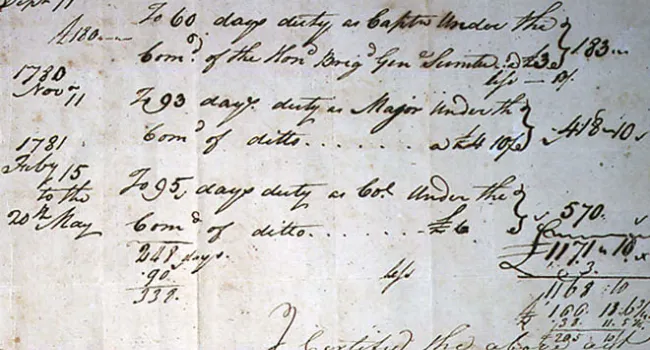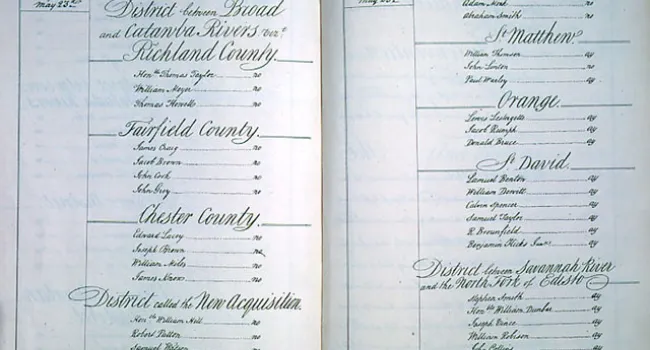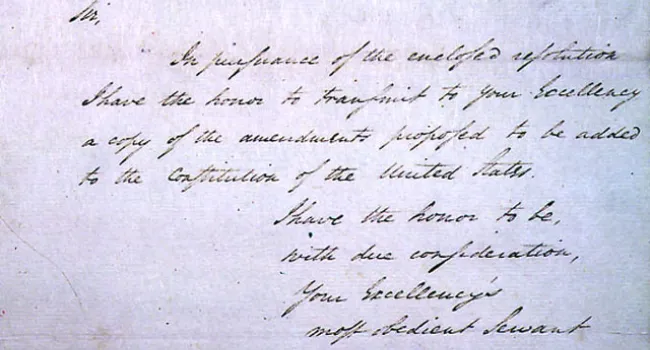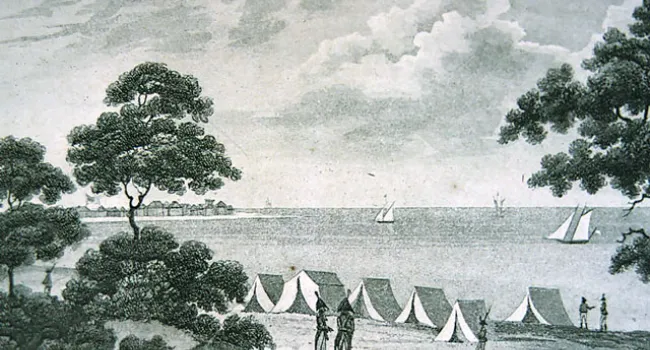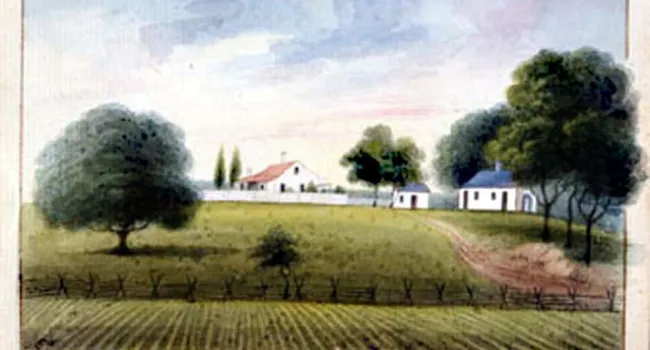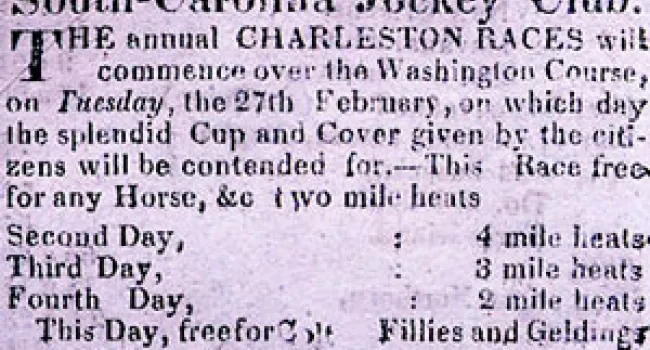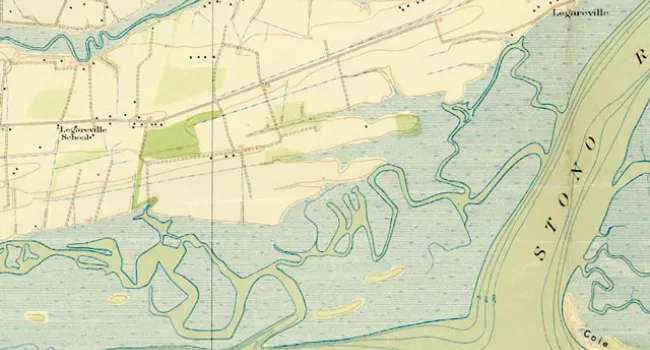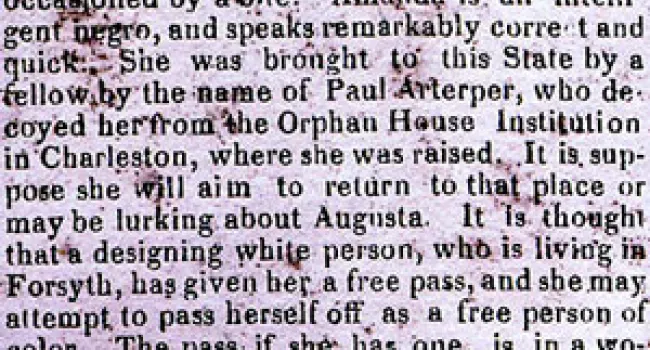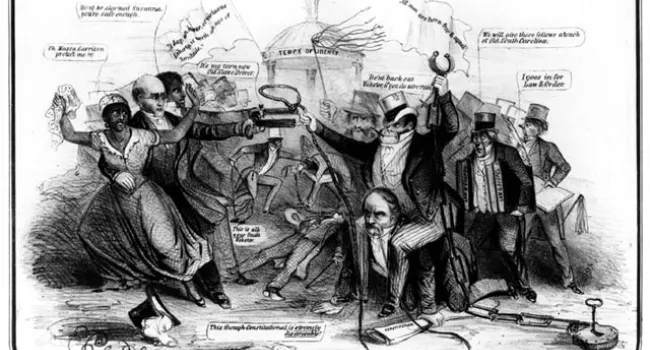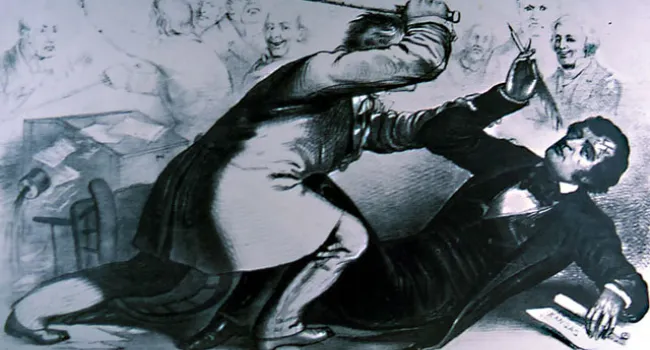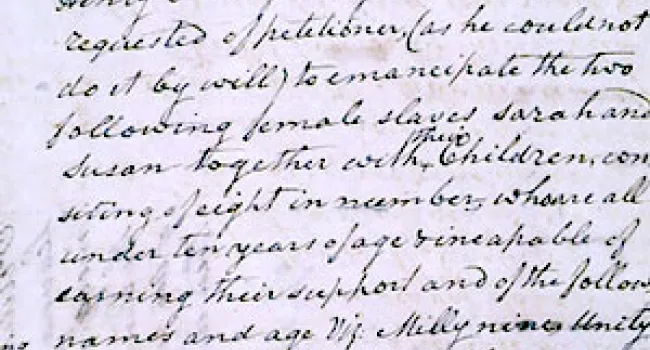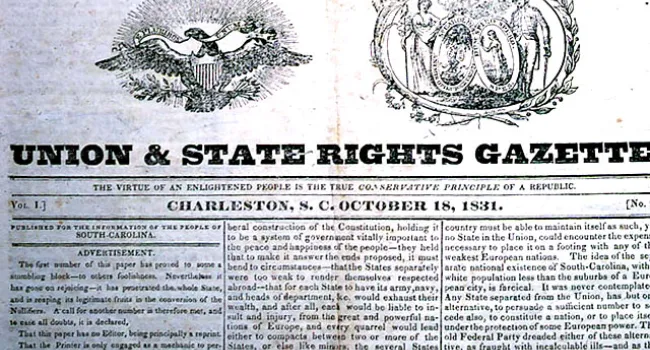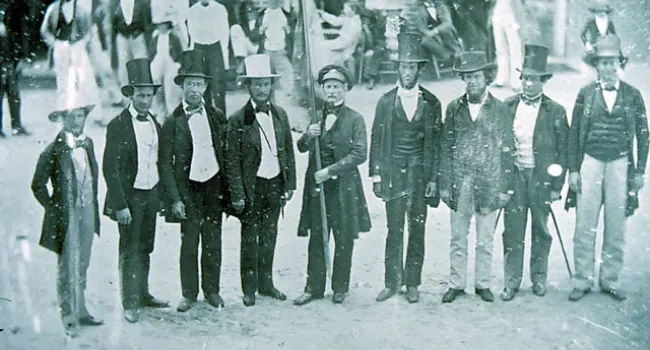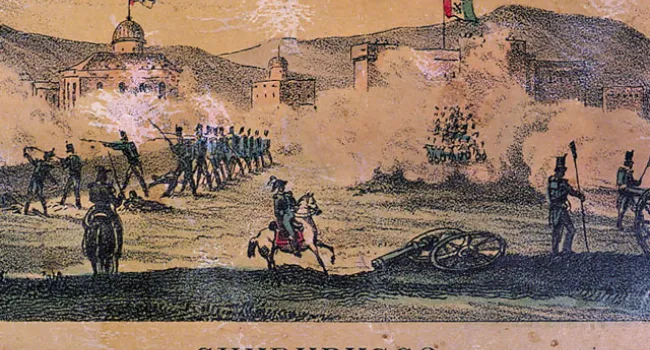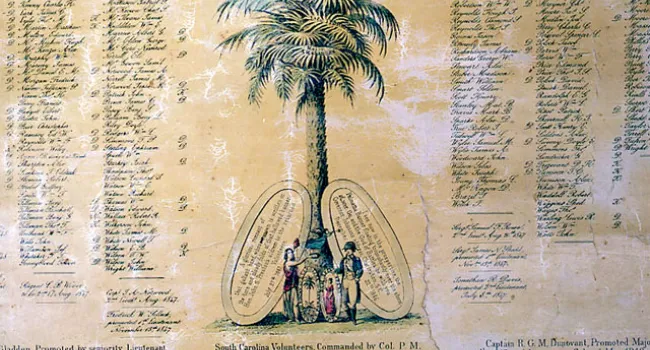
Petition from "Free people of Colour and free Negroes," 1820. In 1756, the General Assembly passed a law which levied a tax on "All free Negroes, Mulattos and Mestizos who do not pay any other part of the Taxes imposed by this act." This capitation tax was passed again every year until 1865, although the ages of those who had to pay and the amounts charged varied. With one exception, from 1795 until 1857, each individual was charged $2.00. For a few years, the law also applied to white males between the ages of 25 and 50 who paid no other taxes. However, even with changes, the free African-American population had to pay this tax for the entire 109 years it was levied. The men who presented this petition asked that they not be charged capitation tax because they also paid taxes on property that they owned. These individuals represent a group of Charlestonians who had prospered in trades. Some were carpenters, some tailors, and one, Jehu Jones, ran a fine hotel. As free people of color, they enjoyed most of the freedoms guaranteed under the Bill of Rights, such as the freedom to petition. However, like women, they were unable to vote. Following the Denmark Vesey incident of 1822, the General Assembly placed more restrictions on their freedoms.
Courtesy of the South Carolina Department of Archives and History.

